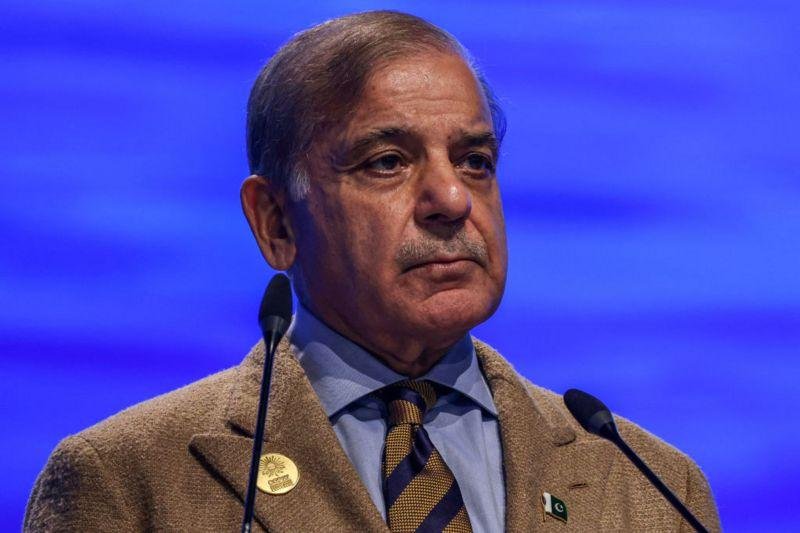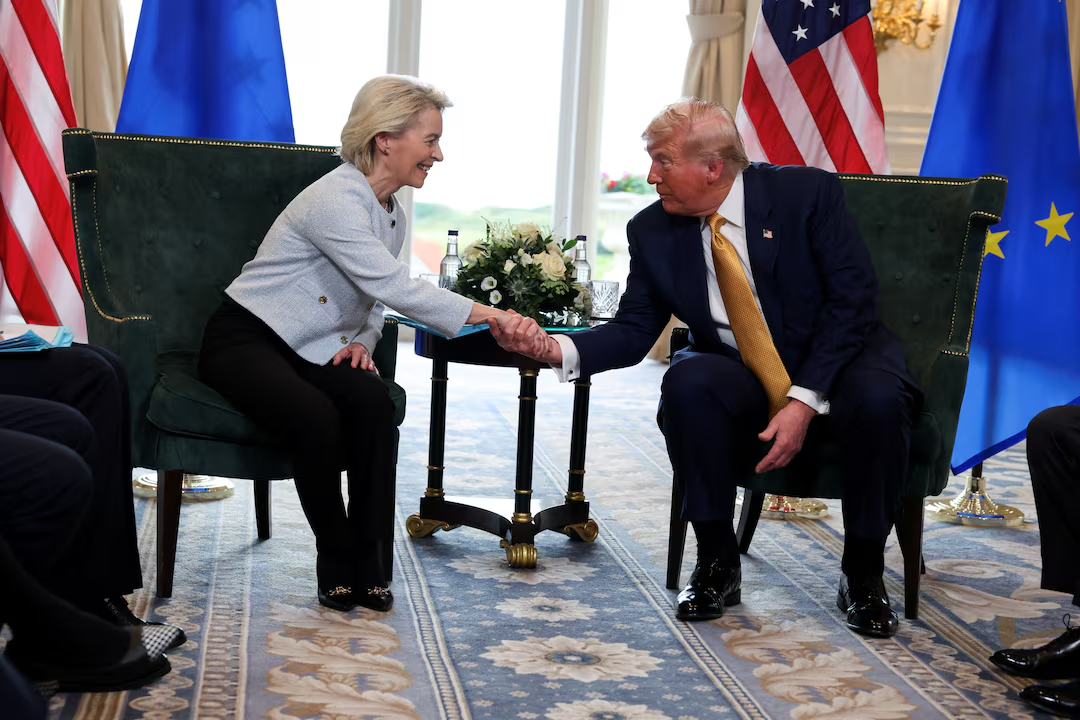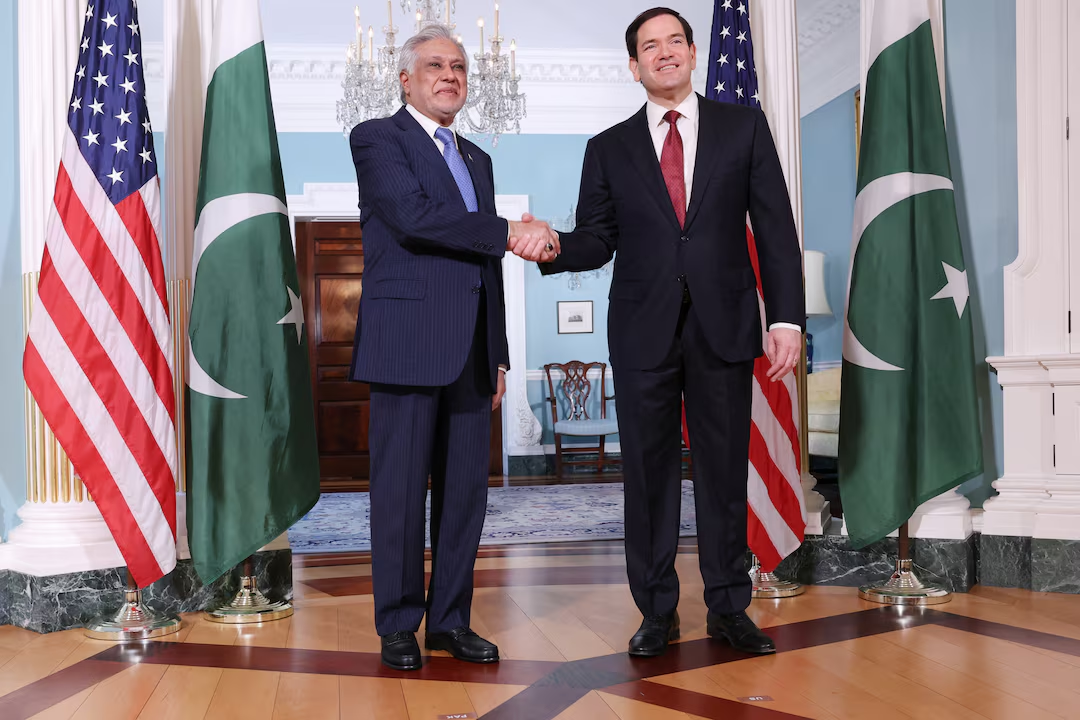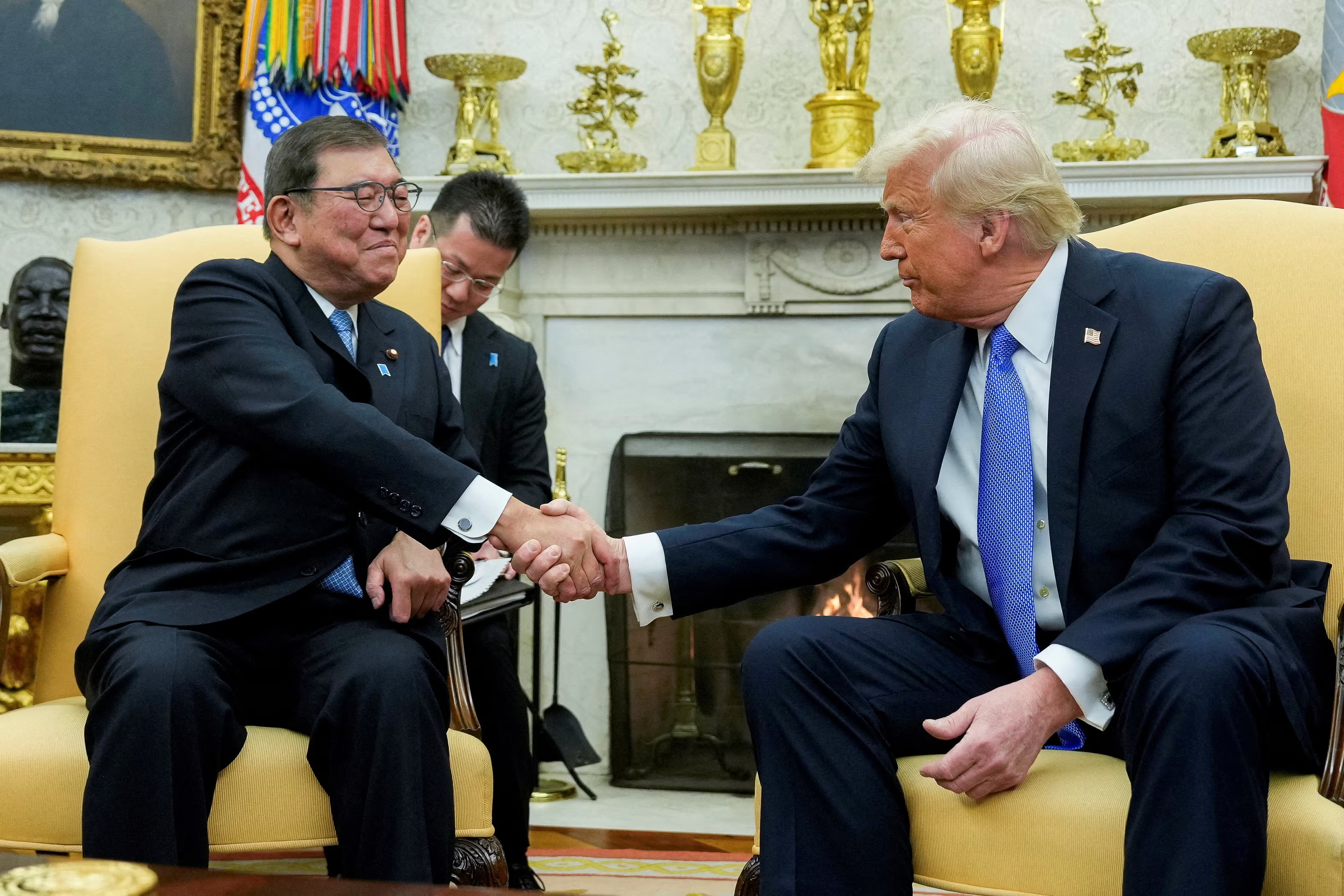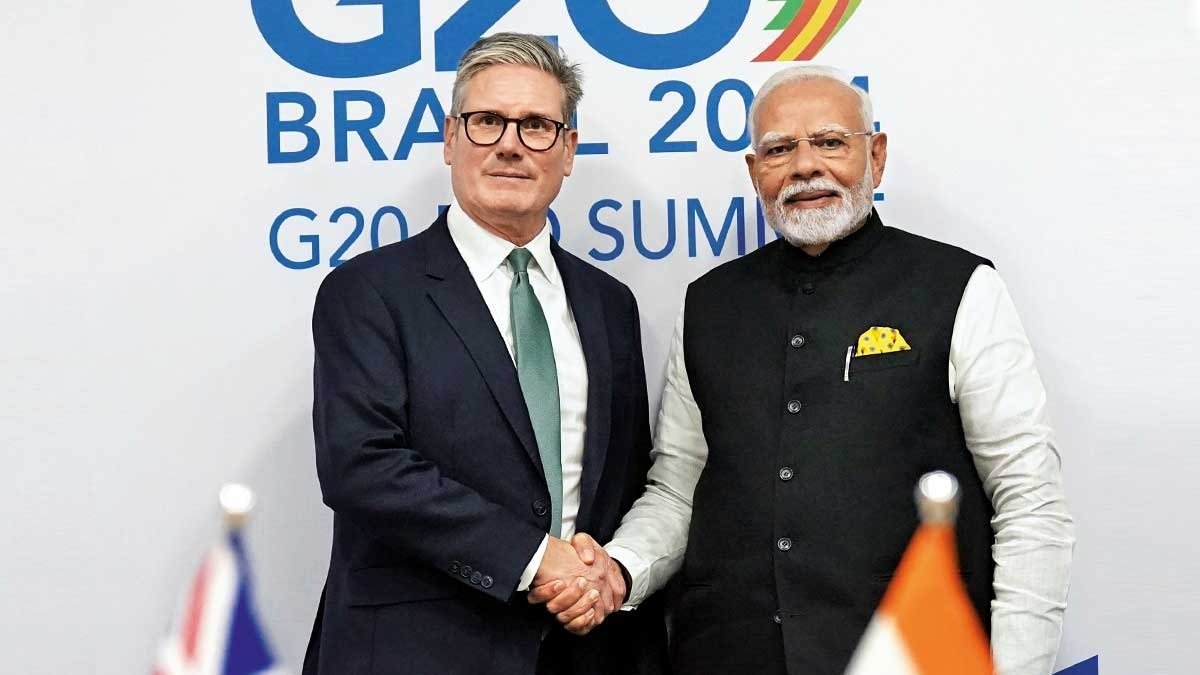Pakistan's Allied Nations No Longer Want Me to Go to Them with a 'Begging Bowl' — Prime Minister Shehbaz Sharif
According to a report by The Economic Times, Pakistani Prime Minister Shehbaz Sharif has openly acknowledged the country’s dire economic situation during a speech to military officials in Quetta. In the address delivered on Saturday (May 31), he stated:
Pakistan's Allied Nations No Longer Want Me to Go to Them with a 'Begging Bowl' — Prime Minister Shehbaz Sharif
Pakistan's Allied Nations No Longer Want Me to Go to Them with a 'Begging Bowl' — Prime Minister Shehbaz Sharif
According to a report by The Economic Times, Pakistani Prime Minister Shehbaz Sharif has openly acknowledged the country’s dire economic situation during a speech to military officials in Quetta. In the address delivered on Saturday (May 31), he stated:
“None of Pakistan’s allied nations want me to go to them with a ‘begging bowl’ anymore.”
This remark is being widely interpreted as an embarrassing but honest admission for Pakistan, reflecting the nation's deteriorating economic position.
His comments come at a time of escalating tensions between India and Pakistan, including a four-day-long clash between the Indian Armed Forces and Pakistani forces in May.
Sharif emphasized that both the government and the military are no longer willing to shoulder the burden of economic dependence. He acknowledged:
“China is Pakistan’s most time-tested friend. Saudi Arabia remains one of our most reliable and trusted allies. The list also includes Turkey, Qatar, and the United Arab Emirates.”
However, he added:
“Let me be very clear — they now expect trade, innovation, research and development, education, health, investment, and mutually beneficial partnerships from us. They no longer expect us to come with a ‘begging bowl’ in hand.”
Prime Minister Sharif strongly asserted that Pakistan must fully harness its natural and human resources to overcome the current economic crisis.
He concluded by saying:
“Neither I nor Field Marshal Asim Munir are willing to carry the burden of this dependence any longer.”


